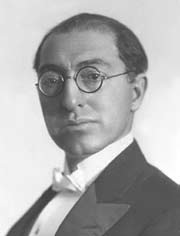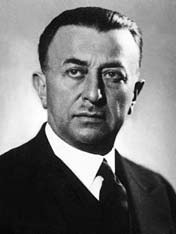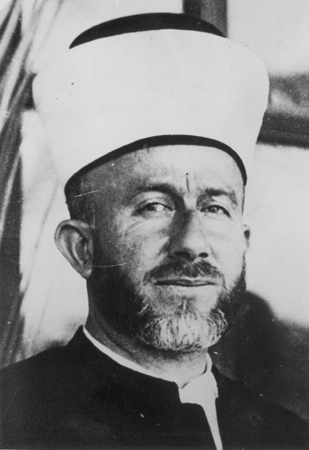christos200
Never tell me the odds
I do not care what the Pope thinks anyway and if I want, I send my Air Force to bomb the hell out of him.
EDIT: Oh, and I would like to think the pope is a theocrat, not a hypocrat, and most definitely not a hypocrite. All I try to do in playing the pope is apply Catholic social teaching (be it just war theory in the case of Jamaica, or its views on the role of society, government and so forth) to my actions within a relatively complex multi-contextual framework in a way which best serves the interests of the Faith both immediately and in the long term.
(Occitanian Humanism and Traditional Proletarism being the worst and second worst respectively in the eyes of the faith)

It has been said that the Catholic Church would rather all humanity die in uttermost agony, and the entire world be destroyed than see one more soul than would otherwise be the case go to hell.
As to the Catholic Church's position on decolonisation...
TheMeanestGuest said:I'm under the impression that there are essentially no blacks remaining in Florida at this point due to the somewhat genocidal nature of the American Civil War. Was slavery ever properly legally abolished, or did it simply cease to exist in Florida because there weren't any slaves left?
Was the economy of the Floridian states dominated by superplantations prior to the ACW, or was slavery not as big in Florida as it was elsewhere, thus making it a nonissue?







 . He started his military career in 1879 in a Hasimite coastal artillery regiment, and has risen to the rank of a divisional staff officer by 1899. Fluent in Arabic and Persian, he has participated in every conflict the Turkish Sultanate has been involved in, and now enjoys reputation of the best military mind of modern Turkey. Surprisingly, unlike many members of the old guard, he seems to be aware of the changes that conventional warfare is struggling with now. Finally, with the appointment of his army comrade Zekai Apaydın as a prime-minister, Fevzi Çakmak may finally push through so needed military reforms he has been advocating for recently.
. He started his military career in 1879 in a Hasimite coastal artillery regiment, and has risen to the rank of a divisional staff officer by 1899. Fluent in Arabic and Persian, he has participated in every conflict the Turkish Sultanate has been involved in, and now enjoys reputation of the best military mind of modern Turkey. Surprisingly, unlike many members of the old guard, he seems to be aware of the changes that conventional warfare is struggling with now. Finally, with the appointment of his army comrade Zekai Apaydın as a prime-minister, Fevzi Çakmak may finally push through so needed military reforms he has been advocating for recently.






 You killed Isabel I in 1904.
You killed Isabel I in 1904.